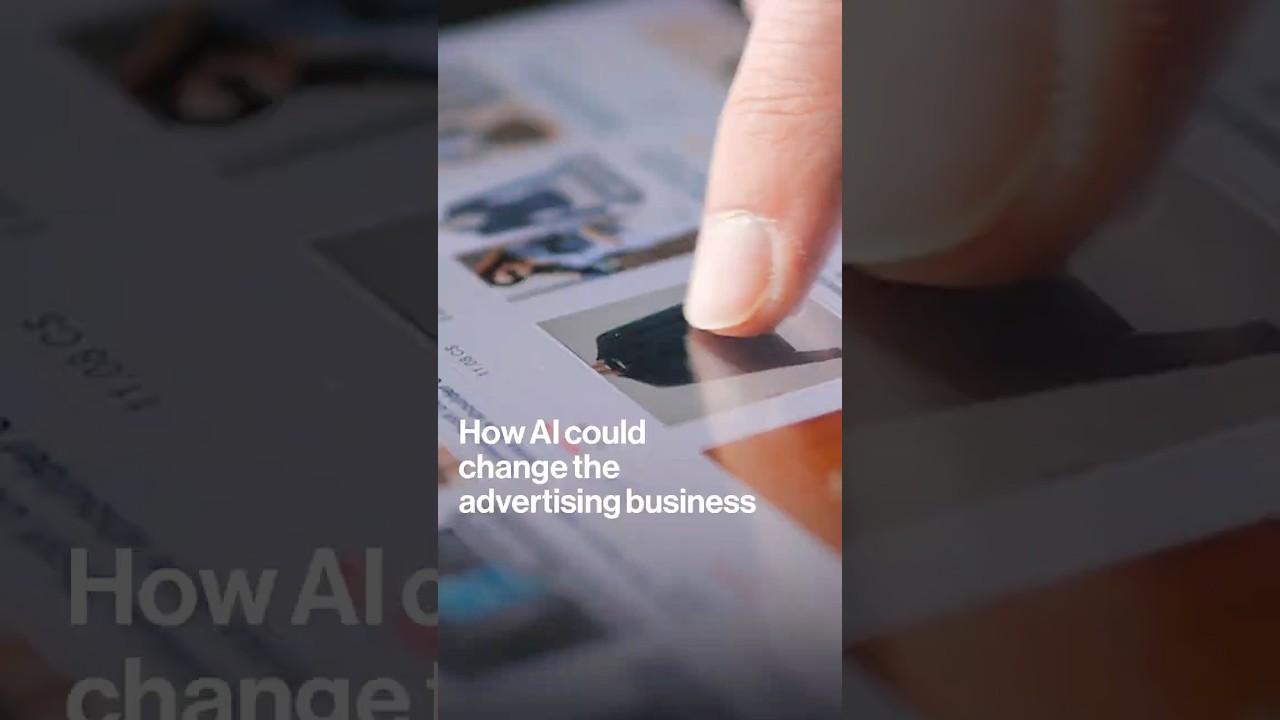The video explores how the integration of artificial intelligence (AI) in the advertising industry can transform workflows by automating mundane tasks, allowing professionals to focus on more complex and creative challenges. It emphasizes that rather than eliminating jobs, AI shifts the nature of work, encouraging employees to adapt and enhance their skills, ultimately leading to greater job satisfaction and innovation.
The video discusses the increasing integration of artificial intelligence (AI) in the advertising industry and its potential impacts. As AI technology becomes more prevalent across various sectors, it raises important questions about how to effectively incorporate it into existing workflows. The conversation highlights the trade-offs involved, particularly concerning the balance between the volume of output and the relevance of that output. It also touches on the implications for agency staffing, suggesting that the rise of AI may not necessarily lead to job losses but rather a transformation in the nature of work.
One of the key points made is that technology has historically changed knowledge work by automating mundane tasks. This automation allows professionals to focus on more complex and intellectually stimulating challenges. For instance, instead of spending hours manually creating numerous ad variants in Photoshop, AI can handle these repetitive tasks, freeing up creative professionals to concentrate on higher-order problems such as design, messaging, and consumer research.
The speaker emphasizes that AI does not destroy jobs but shifts the nature of tasks performed by individuals. As AI takes over routine activities, workers are encouraged to adapt and learn new tools and technologies that enhance their capabilities. This shift requires a mindset change, as employees must embrace new ways of working that leverage AI’s strengths while also honing their creative and analytical skills.
Moreover, the video suggests that the integration of AI in advertising can lead to a net positive outcome. By alleviating the burden of repetitive tasks, AI enables professionals to engage in more meaningful work that aligns with their skills and interests. This evolution in the workplace can lead to greater job satisfaction and innovation, as individuals are empowered to explore creative solutions and strategies.
In conclusion, the discussion highlights the transformative potential of AI in the advertising industry. While there are challenges associated with this transition, the overall sentiment is optimistic. By embracing AI as a tool for enhancing productivity and creativity, the advertising sector can evolve to meet the demands of a rapidly changing landscape, ultimately benefiting both professionals and consumers alike.
